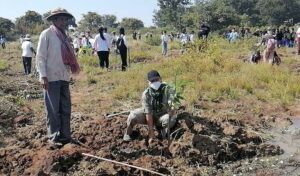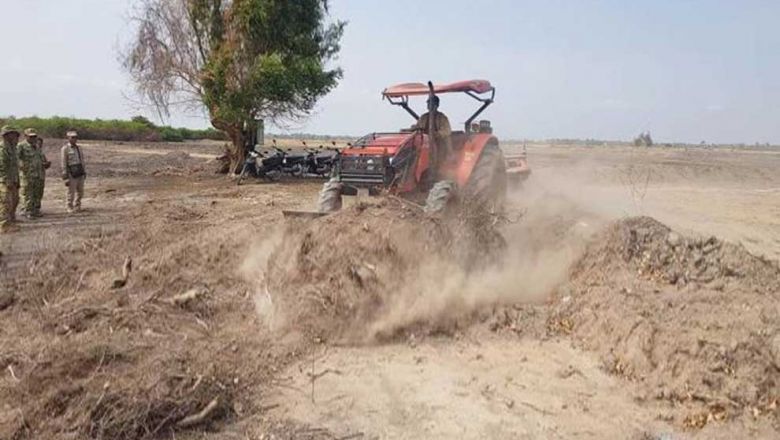WWF: Ban wildlife trade to avert future pandemics
World Wide Fund for Nature is calling for urgent global action to address factors that it projected would be key drivers in triggering possible zoonotic disease outbreaks in the future. The action comes amid the current COVID-19 pandemic, which has battered countries worldwide.
In a press release issued on Tuesday, the WWF listed factors it identified as high-risk trade and consumption of wild animals, land-use conversion leading to deforestation, expansion of agricultural lands, and the unsustainable intensification of animal production.
Addressing uncertainties surrounding COVID-19, the statement said that while its exact source remains unknown, all available evidence suggests that the COVID-19 is a zoonosis, a disease that jumped from animals to humans.
As such, WWF lauded the Chinese government which, on February 24, announced a comprehensive ban on the consumption of wild animals. The National People’s Congress also expressed recent support to the revision of the existing law on the protection of wildlife which, if implemented in full, could position China’s Wildlife Protection Law as one of the world’s most robust and stringent.
“Other governments must also follow suit and close their high-risk wildlife markets and end this trade once and for all,” the press release said.
“All these actions will help prevent the spillover of pathogens to humans and also address other global risks to our society like biodiversity loss and climate change,” WWF International director-general Marco Lambertini was quoted as saying.
Seng Teak, country director of WWF-Cambodia, said enforcement efforts by the Ministries of Environment and Agriculture have been unwavering, adding the circular issued last year by the Mondulkiri provincial hall has significantly contributed to reducing the availability of wildlife products and wild meat at provincial markets and restaurants.
“Urgent and appropriate measures are needed to end the trade in wild animals – especially mammals, birds and reptiles which are at high risk of transmitting diseases to humans – in order to ensure that Cambodian people remain safe and healthy and that the next zoonotic outbreak doesn’t start here,” he said.
Environment Ministry spokesman Neth Pheaktra told Khmer Times yesterday that despite persistent challenges, Cambodia would continue to strengthen law enforcement for wildlife trafficking, increase awareness-raising campaigns and improve the living conditions of communities around the protected areas to deter them from committing forestry crimes and instead look to sustainable livelihoods.
A report from the Ministry of Environment revealed that during the first quarter of this year, 2,333 forestry crimes have been reported, with nearly 200 people sent to court. The crimes involved the removal of 8,950 snares and seizure of 239 hunting weapons. Khmer Times




